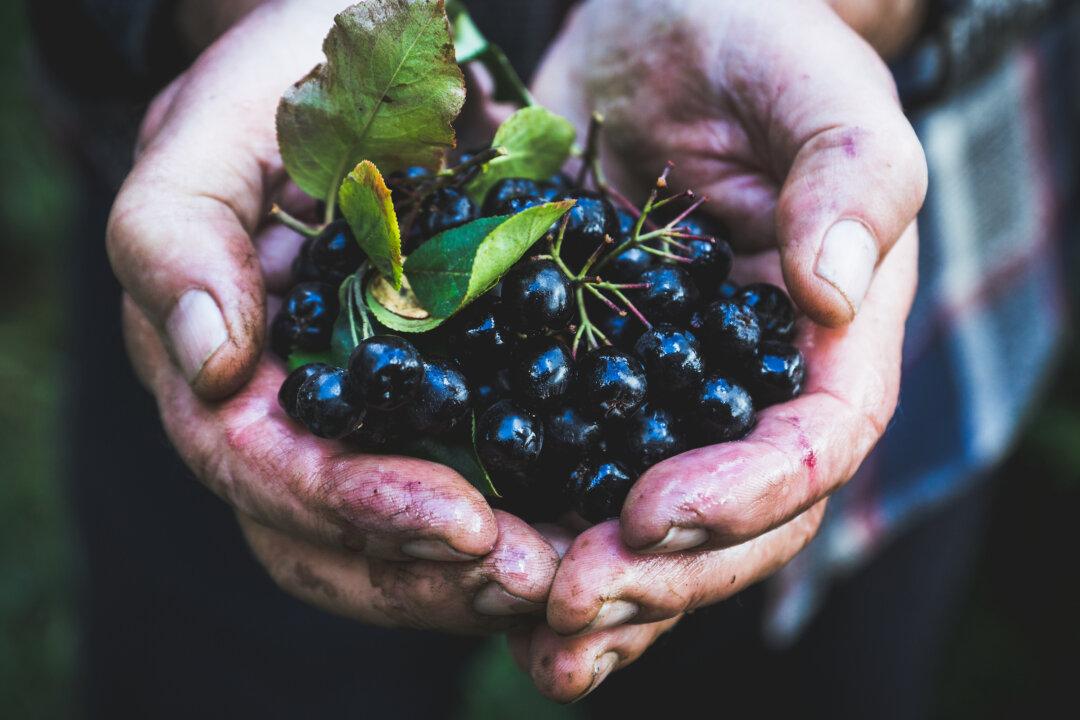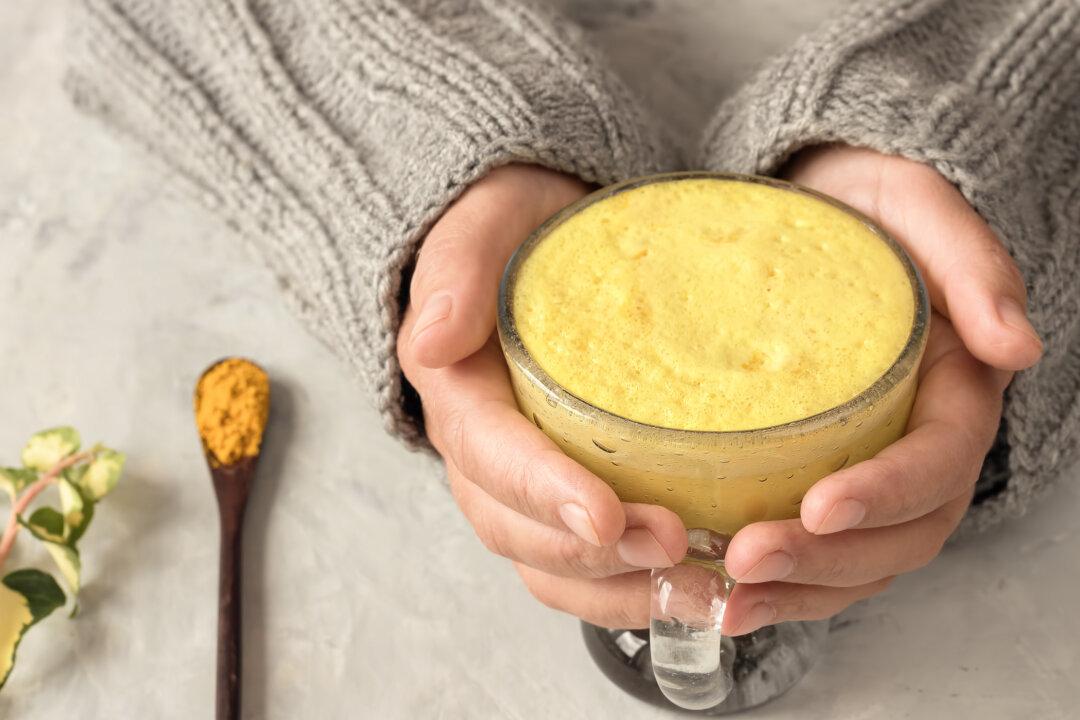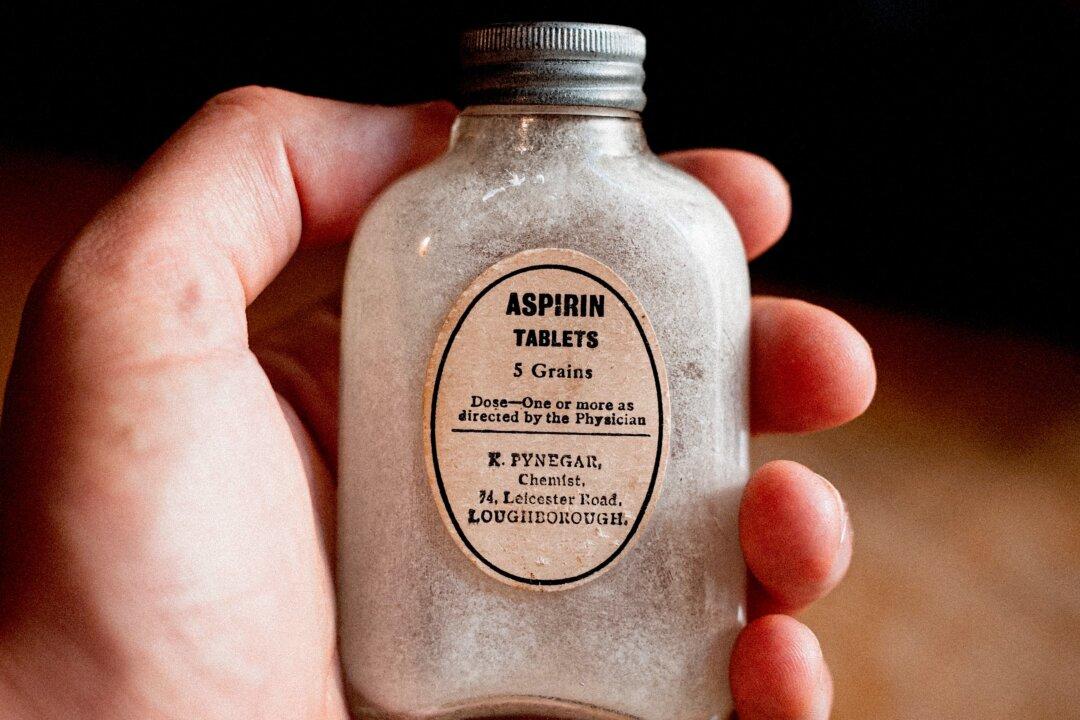We talk a lot here at the Templeton Wellness Foundation about the importance of a healthy diet–and for good reason. Cancer patients, in particular, are advised to carefully watch what they eat. Consequently, it’s a good idea to eat at home where you have full control over the ingredients that go into each dish and how the food is prepared. But there are times when you may be traveling and eating out becomes a necessity, and there are times when you may just want to go out and enjoy food that is prepared by someone else for a change.
Instead of throwing caution to the wind and taking your chances on randomly selected restaurants, what if you could choose between those restaurants that were certified healthy by a team of people who understand the importance of fresh, healthy food? Restaurants that serve food that you can feel good about eating.





